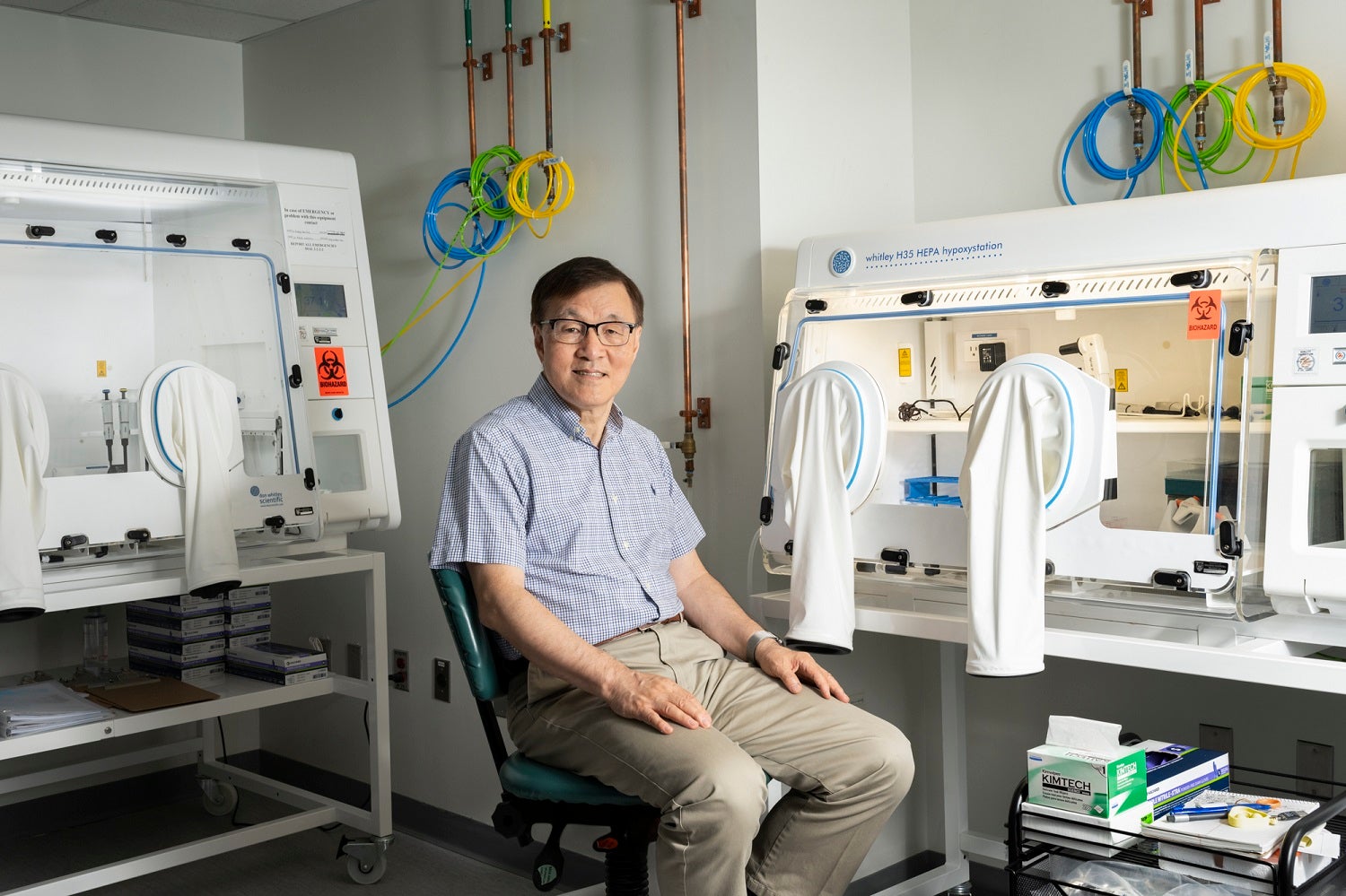Director, Molecular Neurobiology Laboratory, McLean Hospital

Parkinson’s disease (PD) is the most common neurodegenerative movement disorder, caused by the selective degeneration of midbrain dopamine (mDA) neurons. Despite its identification over 200 years ago, current therapies remain purely symptomatic, with no treatment that halts or reverses disease progression. The Kim laboratory investigates the molecular and transcriptional mechanisms governing mDA neurons, with a focus on uncovering pathogenic defects in PD. A major emphasis is placed on the nuclear receptor Nurr1, a master regulator of mDA neuron development, maintenance, and neuroinflammation. Although traditionally considered ligand-independent, the lab has identified both synthetic and endogenous Nurr1 agonists with neuroprotective and mechanism-based therapeutic potential, opening new avenues for drug discovery.
In parallel, the lab has pioneered the generation of safe, patient-specific induced pluripotent stem cells (iPSCs) for regenerative medicine. To enable clinical use, the team developed integration-free method by direct delivery of reprogramming proteins. More recently, the lab identified novel mechanisms underlying the metabolic reprogramming during human induced pluripotency, allowing more efficient and safer reprogramming methods to generate biomedically- and clinically-ideal iPSCs. The lab continues to refine the in vitro differentiation of iPSCs into functional mDA neurons and optimize critical parameters of transplantation, providing powerful tools for disease modeling and personalized cell therapy. These innovations culminated in a landmark achievement: the first treatment of a PD patient in 2017 using mDA progenitors derived from the patient’s own fibroblasts and iPSCs. In 2023, our Investigational New Drug (IND) application for personalized cell therapy targeting PD received approval from the U.S. Food and Drug Administration (FDA). We are now partnering with researchers at Massachusetts General Hospital (MGH) to initiate a first-in-human clinical trial—marking a pivotal step toward realizing personalized regenerative therapies for neurodegenerative disease.
